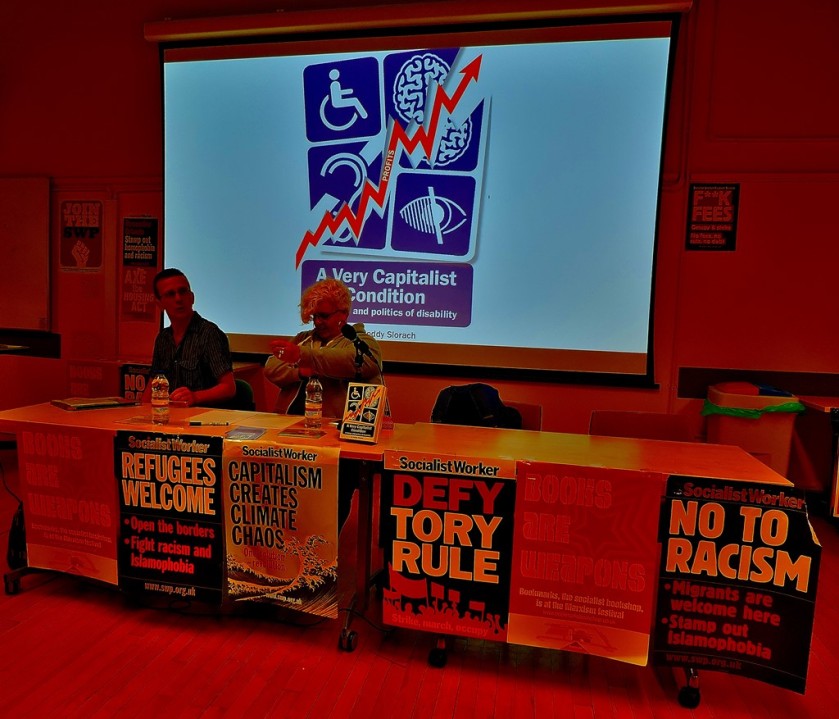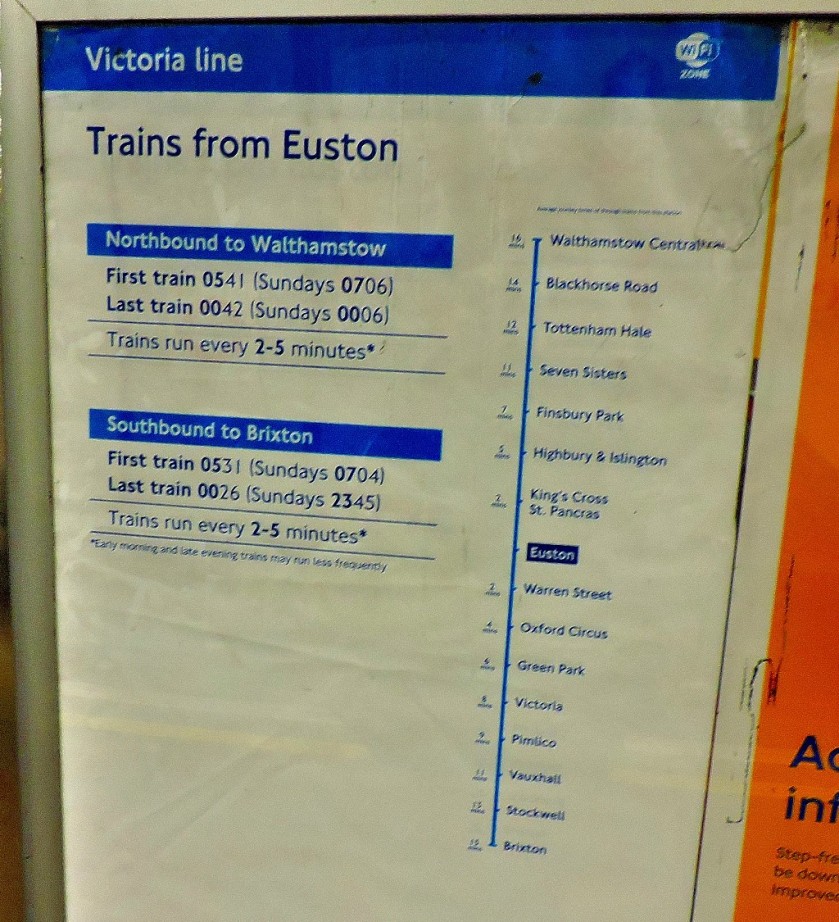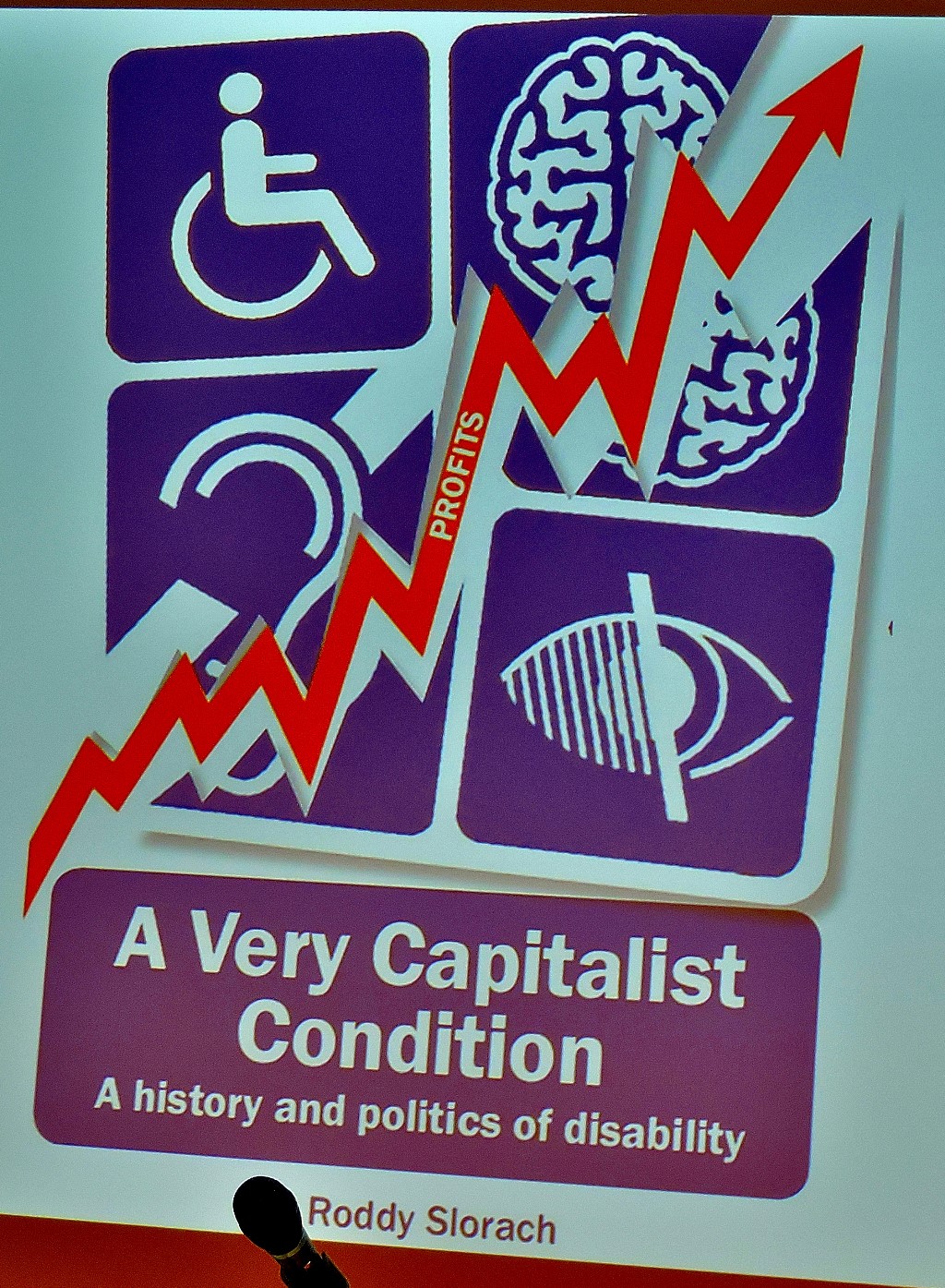INTRODUCTION
Welcome to my fourth post about Marxism 2016 (see here, here and here), focussing on Sunday. Like the previous post, this one will be formatted slightly differently from my usual Marxism posts, again because I wish to focus on two particular meetings.
GETTING THERE AND THE DAY’S PLAN
It being Sunday I was even more generous than usual in allowing for transport problems. In keeping with Sutcliffe’s Second Law of Travelling by Public Transport I therefore had my best journey of the week.
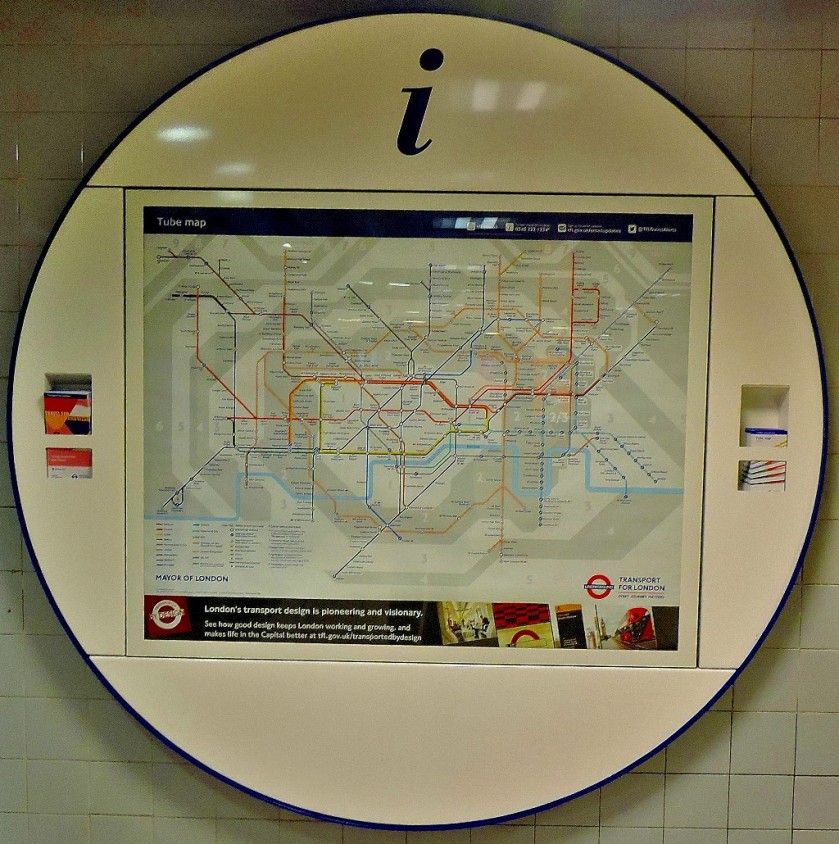

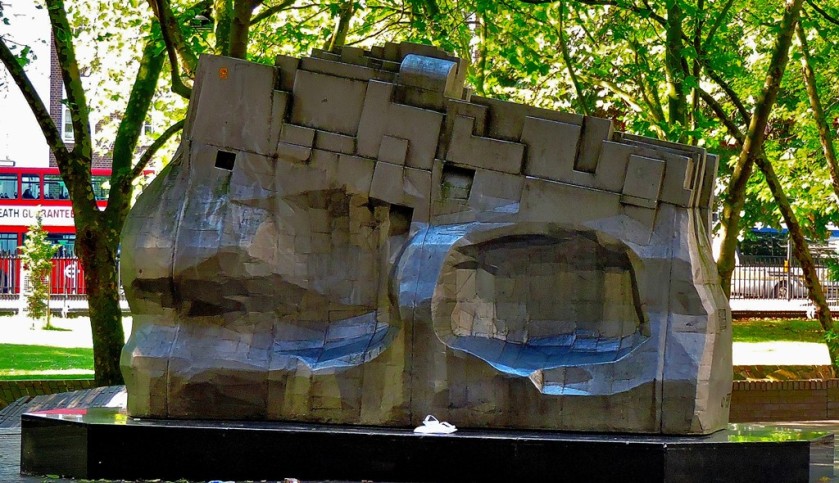
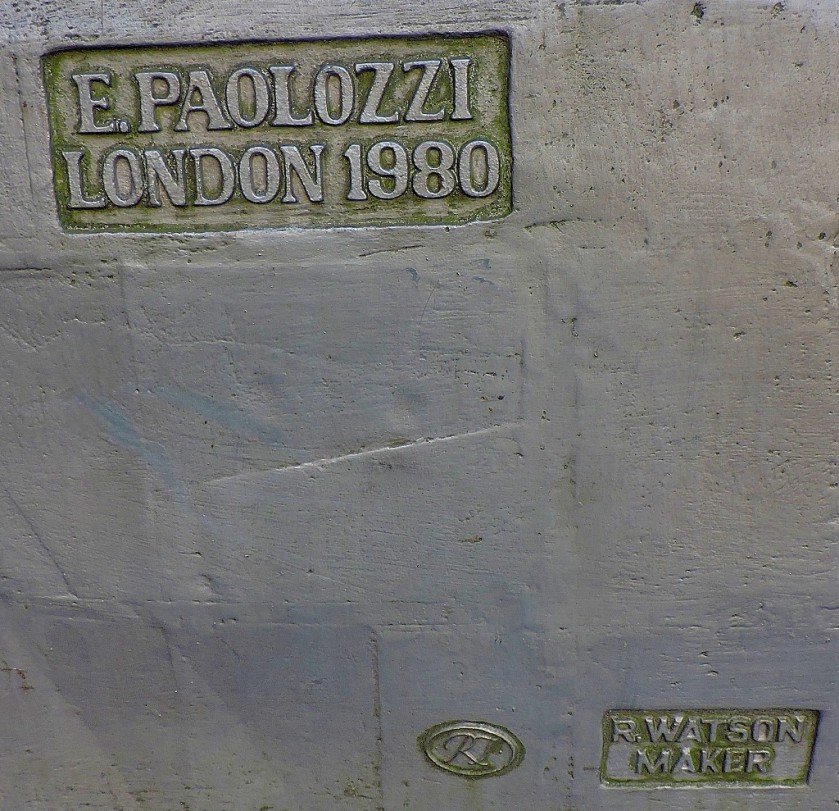

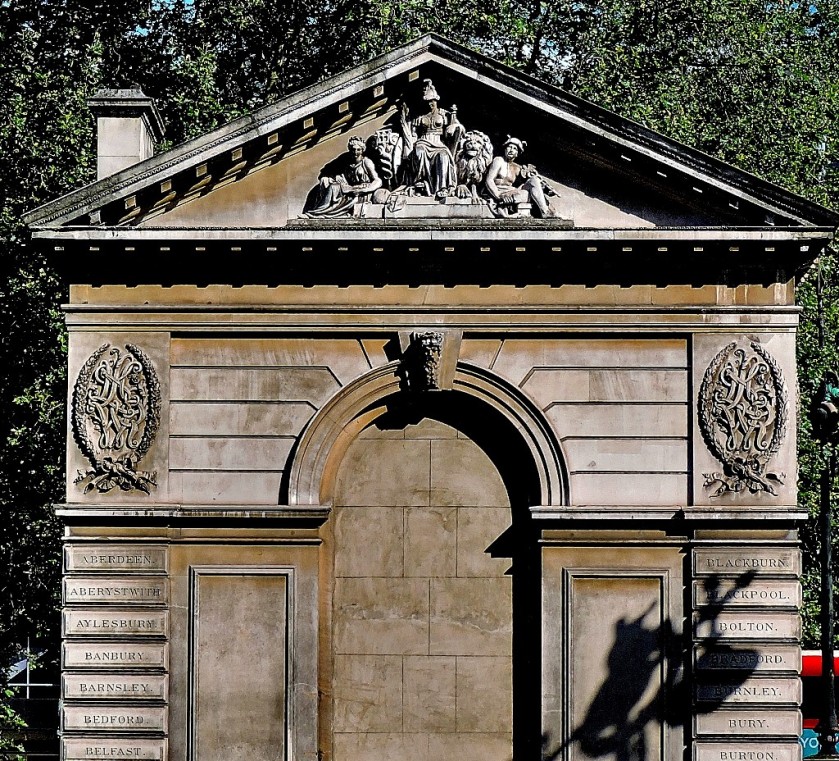
To help explain both my schedule for the day and the rest of this post here is the timetable for Sunday, with my choices marked…
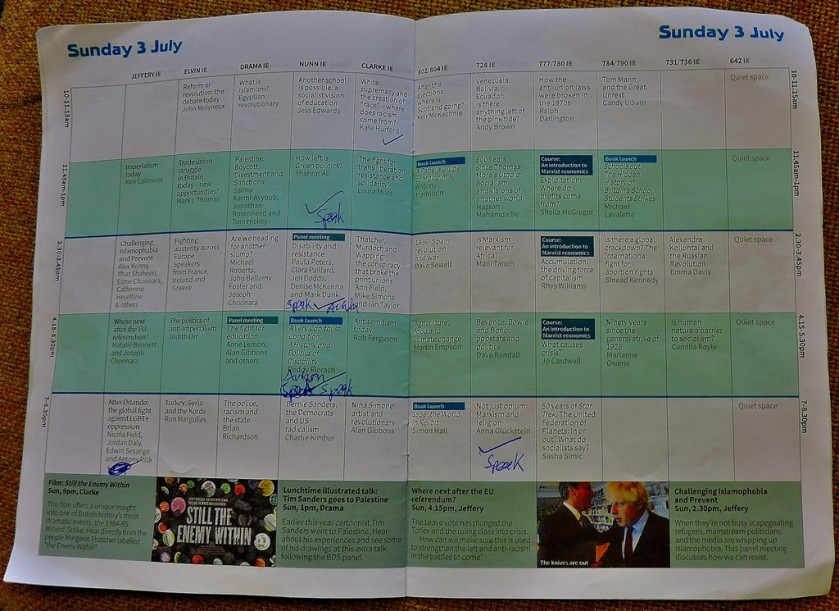
What I am going to do now is write briefly about meetings 1,2 and 5 before covering the two disability meetings in a bit more detail.
MEETINGS 1, 2 AND 5
My first meeting, Kate Hurford on White supremacy and the creation of “race” – where does racism come from? took place in Clarke Hall, which is on level three of the institute. The speaker was not well but still managed to deliver a very good introduction after which there was a lively debate.
For the second meeting I had chosen Shahrar Ali on How left is green politics? Although I am grateful that both he and Natalie Bennett were speaking at this event, and regret that a timetable clash prevented me from hearing Natalie speak I felt that there were important questions not dealt with, such as the roles of greens in office in various parts of the world (like the Aussie green party doing deals with the Liberal National Party, that country’s equivalent of the Tories). However, this caveat aside I enjoyed this meeting, and have no regrets about attending.
in various parts of the world (like the Aussie green party doing deals with the Liberal National Party, that country’s equivalent of the Tories). However, this caveat aside I enjoyed this meeting, and have no regrets about attending.
I will be covering meetings 3 and 4 in the next section. Meeting 5, for which I had chosen religion was an interesting meeting.
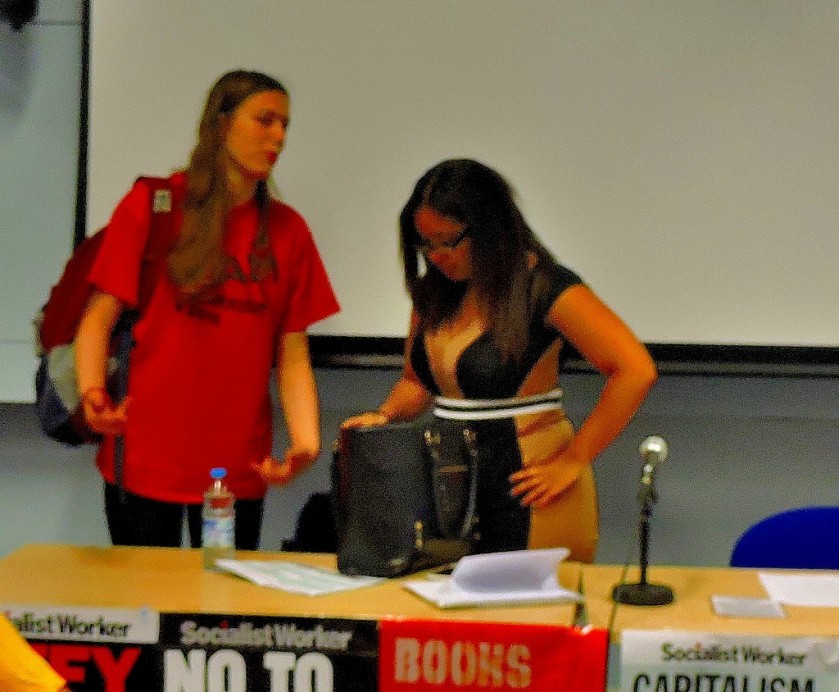

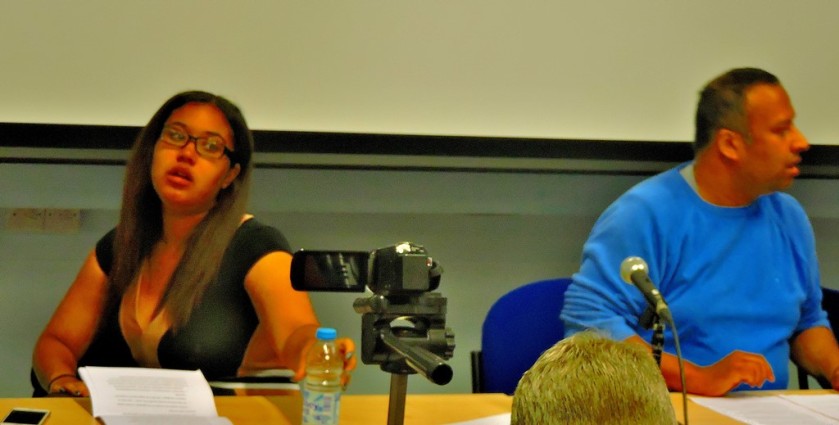
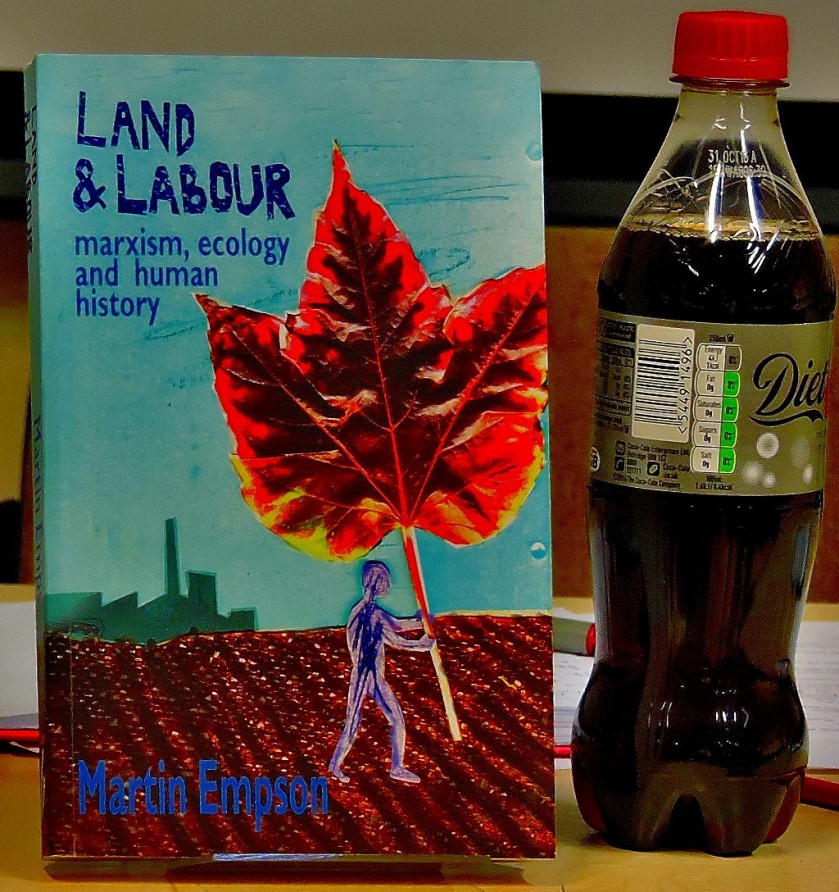

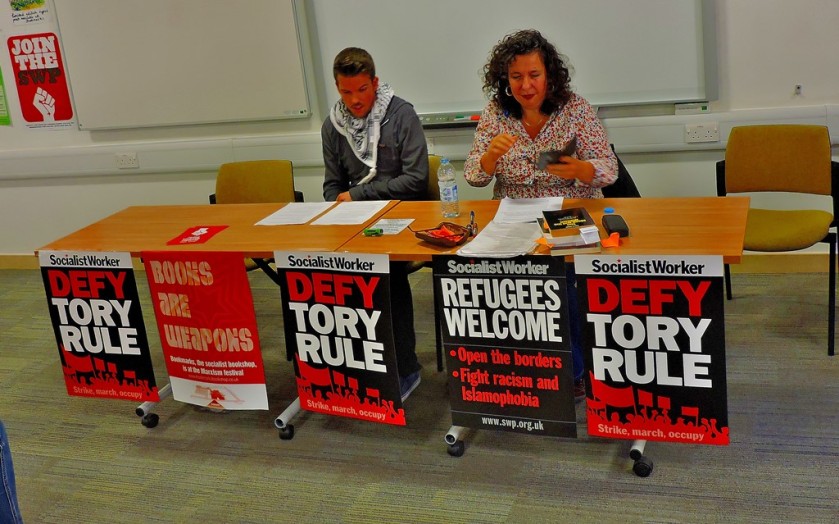
TWO MEETINGS ABOUT DISABILITY
Both of these two meetings, the first a panel meeting and the second the official launch of Roddy Slorach’s book “A Very Capitalist Condition” were excellent and in their different ways inspiring.
The first meeting started with a number of speakers talking about what they are doing, and about various campaigns before then being opened up for discussion.
Roddy’s meeting (we have previously shared a platform at a public meeting in Norwich) began with him introducing ideas that are contained within his book, which I have since read and enjoyed.
I suffered a double frustration because I had carefully planned contributions for both meetings (there are as yet no meetings at Marxism focussing specifically on autism, although this year the Silberman book was on display – if anyone involved in the organisation the event is reading this please take this as a hint) and did not get to make either although I indicated clearly on both occasions.
AN OUTLINE OF THE UNMADE CONTRIBUTIONS
I had planned two different but linked contributions, each tailored to the specific meeting in question. For the first meeting, which focussed exclusively on campaigns My contribution would have covered the following:
- A full introduction mentioning my role at NAS West Norfolk and the fact that I am #actuallyautistic and giving details of this blog
- A skate through some of NAS West Norfolk’s activities including a brief mention of the Positive Autism Awareness Conference and the upcoming launch of adult activities and the inaugural Autism Awareness Cup.
- Finishing with an account of the campaign around the Fermoy unit and our role in it, emphasisng that the Fermoy remains open.
For Roddy’s meeting I would again have given a full introduction before going on to cover:
- The envisaged but not yet fully realized sequence of: Awareness – Understanding – Acceptance.
- Emphasised that autism is a condition not a disorder – it is not a malfunctiion, it is a different operating system .
- Might have produced the line ‘nothing about us without us’
- Planned to finish by emphasising that different is not a synonym for lesser.
I finish this section by re-emphasising that these were two excellent meetings.
THE LAST EVENING
I stayed fairly late after the end of the final meeting, and was delighted to make the acquaintance of several people involved in disability activism during this period.

